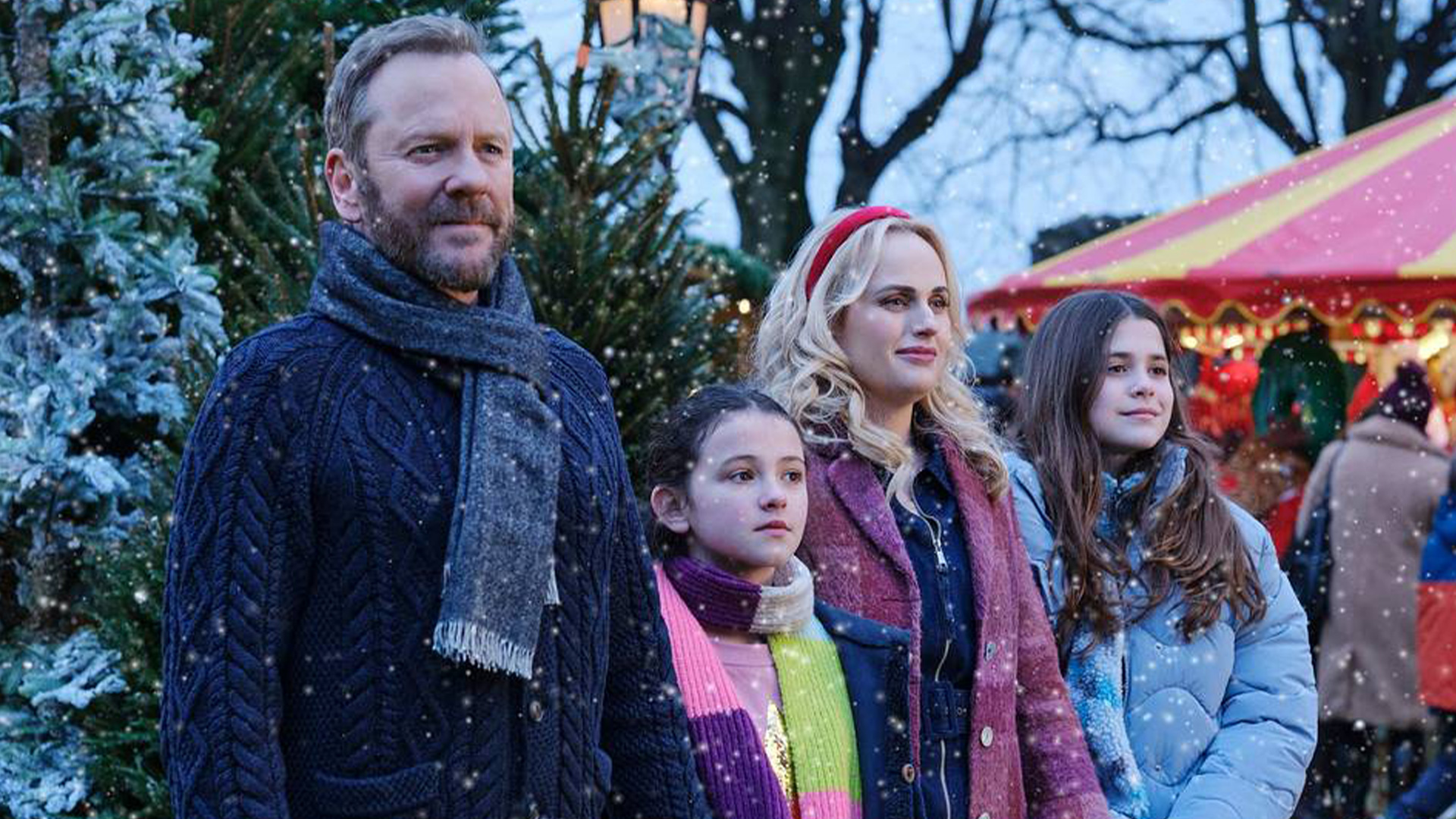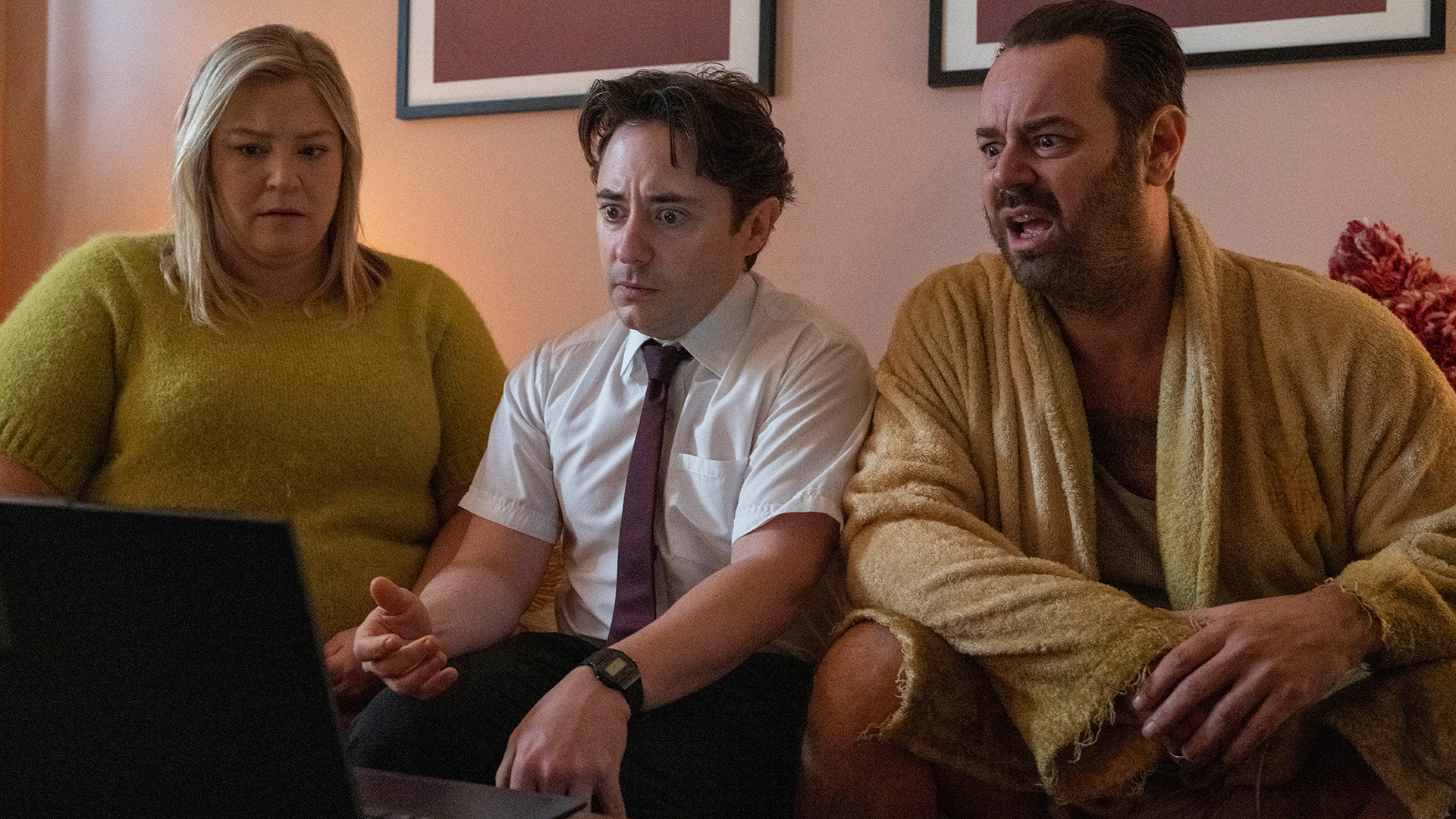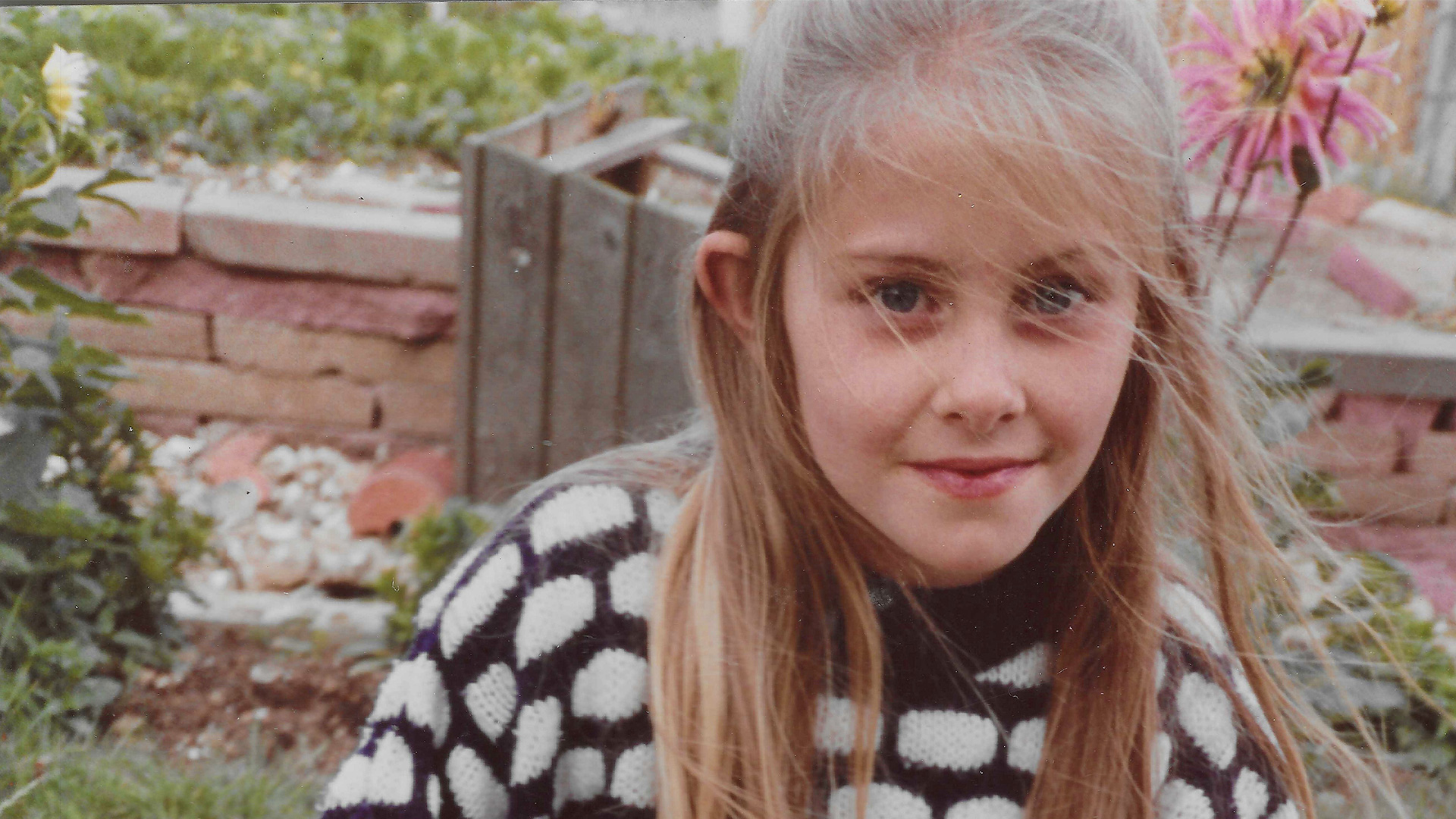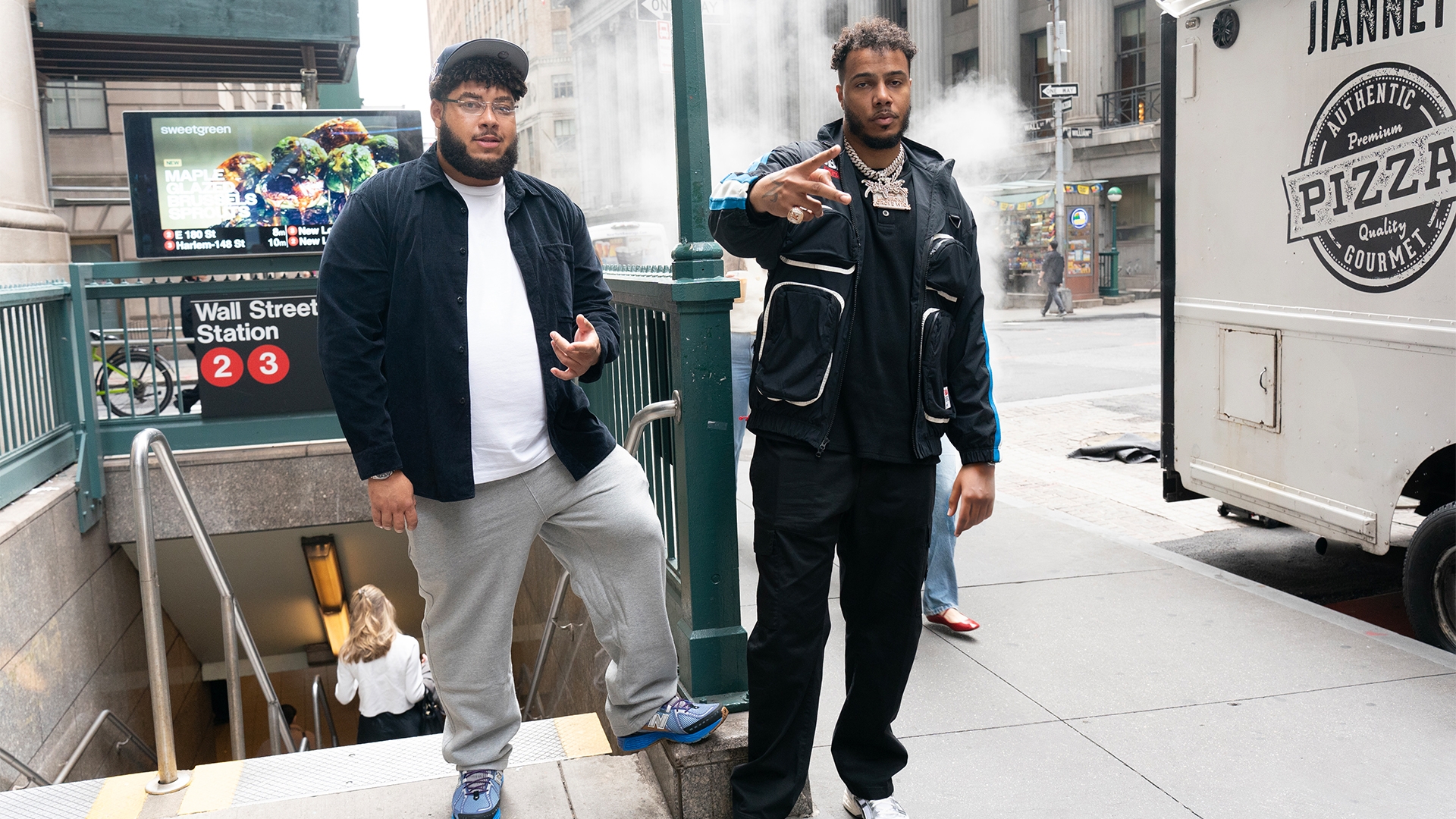Sunday with Niall Paterson Interview with Andrew Gwynne Labour MP
ANY QUOTES USED MUST BE ATTRIBUTED TO SKY NEWS, SUNDAY WITH NIALL PATERSON
NIALL PATERSON: This week’s headlines have been dominated by allegations of inappropriate behaviour and abuse of power, with one Labour MP losing the party whip on Friday. Jeremy Corbyn has been criticised for initially standing by Jared O’Meara. I’m joined now by Shadow Communities and Local Government Minister, Andrew Gwynne. Mr Gwynne, a very good morning to you.
ANDREW GWYNNE: Good morning.
NP: You are of course, during the election you were Labour’s campaigns and election chairman and you remain the national election co-ordinator so you’ll certainly have a view on this: why on earth is Jared O’Meara still an MP?
ANDREW GWYNNE: Well of course there is now an investigation and I think it’s right that he’s been suspended from the Labour party and due process will now take place where obviously the very serious concerns that have been raised, rightly, about some of the Tweets that he’s posted in the past will be investigated and it is right that we root out any misogyny, sexism, homophobia and racism in the Labour party.
NP: We should though consider the chronology of events. An investigation is now underway but despite a party spokesman saying that the first they’d heard of this was just days ago, actually we now know that Labour HQ knew about this back in September. You were made aware of the earliest comments that he made about ‘poofters’ and ‘fudge packers’ of all things, about Jamie Cullen being sodomised by his own piano and you and Mr O’Meara did nothing until the reports were made public. Why not?
ANDREW GWYNNE: Well I didn’t know about these things and I find those comments absolutely despicable and let me make it absolutely clear, there is no place in the Labour party for homophobia, for sexism, for misogyny and for racism and it is …
NP: But your colleagues didn’t think that they were absolutely reprehensible. Mr O’Meara wasn’t a child when he made these comments, he wasn’t a teenager, he was an adult and despite making comments which as you concede are homophobic in the extreme, at the meeting of the PLP at which Mr O’Meara stood up and apologised, Mr Corbyn then stood up and said we should accept that apology and do you know what, hold on to that seat on, of all things, the Equalities Committee.
ANDREW GWYNNE: I am not sure that that actually is the case. I think what you will find is that Jeremy Corbyn has called out misogyny and sexism and racism and homophobia …
NP: Did he not say that we should accept this apology from Mr O’Meara and that he should continue on the Equalities Committee?
ANDREW GWYNNE: Jared O’Meara has been suspended from the Labour party, that is the right course of action and there is an investigation that I don’t want to prejudice but nevertheless, those views are reprehensible and they have no place in a modern democracy.
NP: I am just trying to work out what changed in the party hierarchy. Those comments made in 2002 and 2004 which seemed to have been dismissed because he was a bit younger when he made them and he has been on a journey, of all things, since then but in 2009, five years after he first stood for the Labour party, he was referring on line to ‘a rhythm section tighter than your mother’s ex’, ‘a band better than fellatio from Angelina Jolie’. Now that was enough to suspend him but comments about fudge packers and poofters, that’s okay?
ANDREW GWYNNE: Look, it’s all disgusting and I think we let the investigation take place and we let due process happen.
NP: The problem is this, let me put a proposition to you – anyone of course can become a Member of Parliament if they get enough votes, not everyone should be a Member of Parliament. Mr O’Meara may not be a sexist, a homophobe, a racist but he is clearly an idiot.
ANDREW GWYNNE: And as part of the investigation we need to look at how the procedures for selection and the choice of Mr O’Meara were adhered to by the party, that is part of the investigation because nobody holding those views, in my view, has a place in modern democracy.
NP: It’s just that I’m struggling to understand why comments that were made slightly earlier in the first decade of this millennium were considered to be less extreme than comments made towards the tail end. He was in his 20s throughout that process and it is insulting isn’t it to people of that age to suggest it’s the type of thing that you say when you’re young.
ANDREW GWYNNE: Well I didn’t say those things when I was young …
NP: Neither did I.
ANDREW GWYNNE: ... and I find them reprehensible. There’s no excuse for those comments and I think we let the investigation take due process.
NP: Isn’t there a problem though within the party that you don’t necessarily have enough oversight of the process by which someone like Mr O’Meara, pushed forward by Momentum, ultimately ends up taking a seat in the House and he did sign that document didn’t he, that said there is nothing in my past that can bring the party into disrepute. When the first comments came to light he should have been suspended at that point shouldn’t he?
ANDREW GWYNNE: Well I’m not sure what the process was when those first comments did come to light, that’s not something that I’ve been made aware of but I think it is absolutely right that the Labour party has suspended him pending an investigation. Now let that investigation happen.
NP: Just in terms of the procedures that are within the party, Mr Corbyn has said that there has to be a proper system of people being able to report if you feel abused. ‘Our party, the Labour party, has a process of doing that for party members who feel they have been abused in any way’. Do you think the procedures are robust enough?
ANDREW GWYNNE: I think they are, if they are used correctly. Where people feel they have been abused they should have the confidence to come through the party processes that are in place to make their views known and let the party deal with it. If there needs to be changes to the party rules, that’s something that a Labour conference in the future will consider, the National Executive Committee will consider, but the point is there are processes and there are rules in place to prevent this kind of thing.
NP: I’m going to submit that the procedures that are in place are not up to scratch. I mean take this, an anonymous female Labour councillor writing in the Guardian, where she said ‘I am ashamed of the way the Labour party currently handles some cases of harassment, some abuse and assault brought to them by its members. In my experience of reporting such behaviour to the party I have felt completely let down, my complaint was swept under the carpet and the perpetrators continue to play a part in my everyday life within the party.’
ANDREW GWYNNE: No complaint should be swept under the carpet and …
NP: So what are you doing about it?
ANDREW GWYNNE: Well I think we need to look very carefully, if this is the kind of thing that is happening, if people are saying that this is happening, then perhaps the National Executive Committee need to look at …
NP: Perhaps?
ANDREW GWYNNE: Well you’ve given one anonymous quote.
NP: Well she went on to repeat her story a number of times to a number of different people within the party, she said there is no way under the current rules that you can link connecting patterns of behaviour, the experiences of different women, to a single perpetrator. These are party members making this complaint and it is on top of a litany of complaints that have been made about the internal party procedures within Labour.
ANDREW GWYNNE: Well then we have to look at making sure that members have the confidence in the rules and the procedures that are in place to deal with these situations. I don’t want any member of the Labour party, whether they are a card carrying member, an activist, a councillor or a member of parliament, to feel there is one rule for one set of members and another rule for others. We are all one family in the Labour party and we adhere to those rules and we adhere to the expectations. We are a democratic party but there is no place for misogyny, for racism, for sexism and for homophobia.
NP: All of those things, as we’ve just mentioned, currently exist within the Labour party. The problem for Mr Corbyn is, I’ll submit this, we’ve been talking about abuse of power in a variety of forms for decades – child sex abuse, the abuse of women within the workplace, it’s nothing new. Mr Corbyn has identified this warped culture that pervades Westminster, it hasn’t suddenly emerged overnight but it has taken action in Hollywood and the actions of one Labour recent appointed MP for the Labour party to even start talking about it, not even doing anything about but start talking about it.
ANDREW GWYNNE: And of course this isn’t just an issue for the Labour party, it’s an issue for politics at large and it is a plague on all our houses and we have to make sure that certainly parliament – if we are making the laws against some of these things, we need to make sure that we ourselves uphold those laws and those standards and I am quite frankly appalled by some of the stories that I’ve read today.
NP: You and me both. Let’s dwell for a second on your brief, local government and a real focus for you moving forward is children’s care. You are of the opinion that we are heading into a crisis, we’ll be talking mental health as regards children in a while but establish your position.
ANDREW GWYNNE: Well of course a lot of the concerns that there have been about local government finance in recent years has been looking at the problems of adult social care and the government has over the past few years brought forward a number of sticking plasters to try and ease the councils’ problems and what we are now seeing in a lot of councils is the problems surfacing in children’s services. Children’s services are underfunded by about £2 billion across the whole of England and of course that is causing real problems because these are statutory services. The council, if they are presented with safeguarding issues, they have to take on board those issues and they have to deal with them. It’s not something that can be put aside in a budget column and to say well we’ve reached that column, they have to take …
NP: But doesn’t it all in essence come down to funding though when we are talking about provisions there?
ANDREW GWYNNE: It comes to funding but it also comes into the wider sphere of public policy because many of the reasons why children are being brought into the Children’s Services sphere are because of the cuts elsewhere so things like cuts to Sure Start have been a very short-sighted cut and it has meant that children and families are suffering elsewhere.
NP: Just while we have you, just to dwell on Brexit, there has been something of a difficulty on the government benches this week about whether not you will get a vote at an appropriate point. If there is to be a vote of consequence in the House of Commons it needs to happen before we leave the European Union doesn’t it?
ANDREW GWYNNE: It absolutely does and it needs to happen before the European parliament have a vote on it as well. We didn’t vote to take back control only to cede parliamentary sovereignty to ministers, we absolutely have to have that vote before both the European parliament and before Brexit happens.
NP: Is there any way though by which you can compel that?
ANDREW GWYNNE: Well I think through our amendments in the Repeal Bill …
NP: The wrecking amendments?
ANDREW GWYNNE: Well they are not wrecking amendments, this is about parliament taking back control. If we believe in parliamentary sovereignty it means that MPs have got to have the guts to say this is what we want and if we want a vote to ensure that our constituents are protected – you know, you don’t jump out of a plane without a parachute so we want to make sure we’ve got that parachute strapped on and that’s what having that final vote before the European parliament and before we leave the European Union in March 2019 happens.
NP: Andrew Gwynne, thank you very much for being with us.
ANDREW GWYNNE: Thank you.




